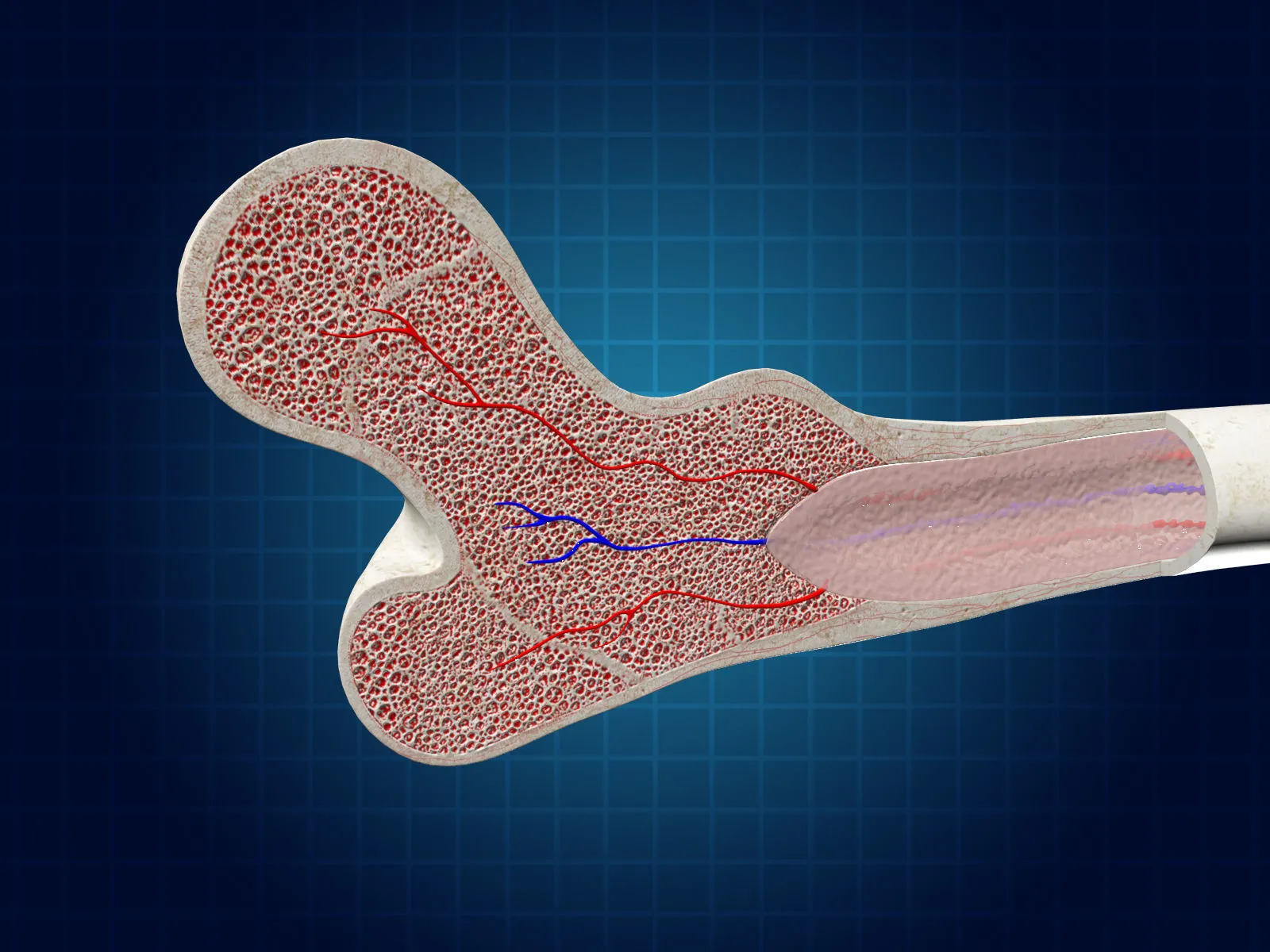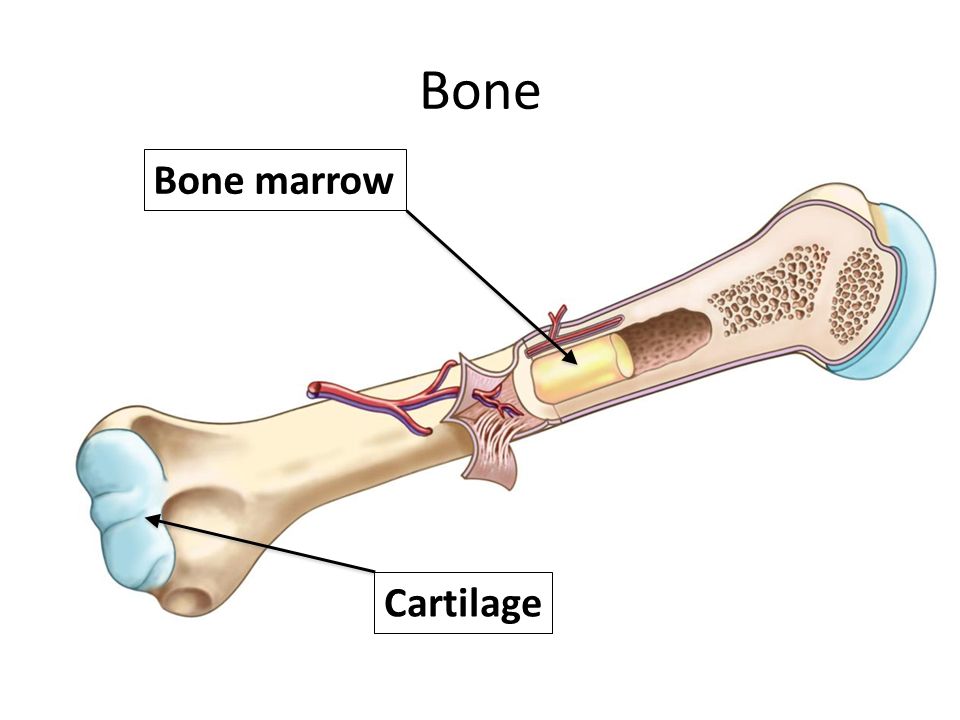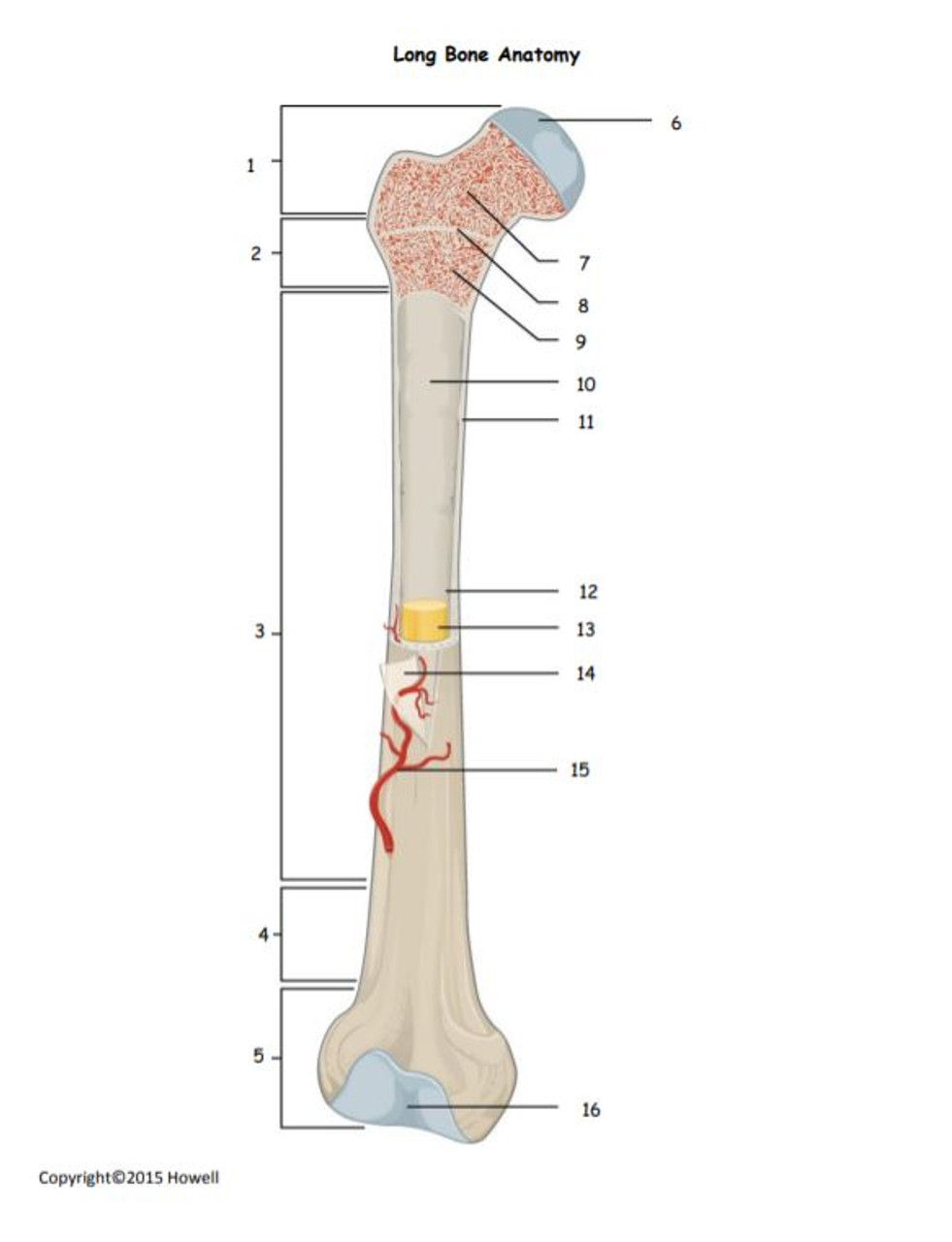- Home
- Our Services
CANCERS WE TREAT
TREATMENT OPTIONS
- About Us
About North Houston
Cancer ClinicsNorth Houston Cancer Clinics is a leading cancer center specializing in treating various types of cancers and blood disorders.Meet our specialized cancer care team
Choosing excellence, transforming cancer care together
Quality Oncology Practice Initiative (QOPI) Certification Program
Discover Our Healing Spaces: Virtual Office TourFirst day visit at North Houston Cancer Clinics
Real Stories, Inspiring Journeys, Patient Testimonies
- New patient
Becoming a patient at North Houston Clinics
Embark on your journey to health with us. Seamless, compassionate care awaits as you become a patient at North Houston Clinics.
Effortless Registration, Portal to Wellness JourneyYour Health, Your Time, Your AppointmentFrequently Asked Questions For New Patients - Blogs
- Contact Us
- Home
- Our Services
CANCERS WE TREAT
TREATMENT OPTIONS
- About Us
About North Houston
Cancer ClinicsNorth Houston Cancer Clinics is a leading cancer center specializing in treating various types of cancers and blood disorders.Meet our specialized cancer care team
Choosing excellence, transforming cancer care together
Quality Oncology Practice Initiative (QOPI) Certification Program
Discover Our Healing Spaces: Virtual Office TourFirst day visit at North Houston Cancer Clinics
Real Stories, Inspiring Journeys, Patient Testimonies
- New patient
Becoming a patient at North Houston Clinics
Embark on your journey to health with us. Seamless, compassionate care awaits as you become a patient at North Houston Clinics.
Effortless Registration, Portal to Wellness JourneyYour Health, Your Time, Your AppointmentFrequently Asked Questions For New Patients - Blogs
- Contact Us
Bone Marrow
NH Cancer Clinics has dedicated itself to improving the diagnosis and treatment of cancer through comprehensive diagnostics and compassionate care. It includes examining the bone marrow, a critical component of our immune and circulatory systems. By analyzing bone marrow’s role, this deep dive highlights its importance in diagnosing various cancers and outlines the steps NH Cancer Clinics’ healthcare professionals take.
What Is Bone Marrow?


Why Bone Marrow Analysis Is Essential In Cancer Diagnosis
Detecting Blood-related Cancers: A bone marrow examination is pivotal in diagnosing leukemia, lymphoma, multiple myeloma, and other blood-related cancers. It is an essential site for testing because it directly influences the production and performance of cells in the bloodstream.
Assessing Cancer Spread: Sometimes, bone marrow tests help determine whether certain cancers have spread from their original location into the marrow. It is vital for staging cancer and guiding treatment planning.
Evaluating Treatment Efficacy: After or during treatment, a bone marrow analysis helps assess the success of that particular therapy, especially when dealing with blood-related cancers. It provides valuable input on the body’s response to treatment.
More About Diagnosing Conditions Using Bone Marrow Analysis
Procedure for Genetic & Genomic Testing
- Consultation and Evaluation
- Bone Marrow Aspiration and Biopsy
- Safety and Comfort
- Detailed Analysis
- Advanced Testing


The Importance Of Bone Marrow In Our War Against Cancer
Key Risk Factors for Bone Marrow Health
- Genetic Inheritance
- Radiation Exposure
- Chemical Penetration
- Smoking
- Age Factor


Strategies towards Healthy Bone Marrows
- Regular Screening and Medical Check-ups
- Maintain a Good Lifestyle
- Limit Toxin Exposure
- Stop Smoking
- Get Informed
- Know the symptoms of bone marrow diseases and quickly seek medical attention.
- Bone Marrow Donation
- Research and Innovation
